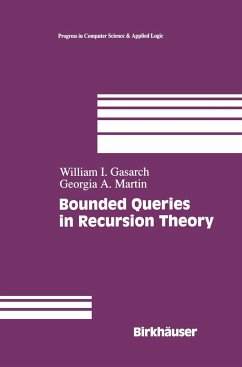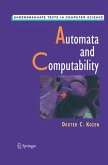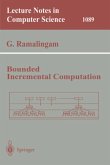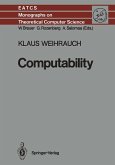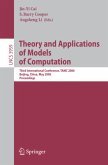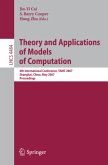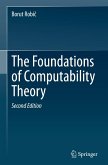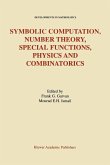One of the major concerns of theoretical computer science is the classifi cation of problems in terms of how hard they are. The natural measure of difficulty of a function is the amount of time needed to compute it (as a function of the length of the input). Other resources, such as space, have also been considered. In recursion theory, by contrast, a function is considered to be easy to compute if there exists some algorithm that computes it. We wish to classify functions that are hard, i.e., not computable, in a quantitative way. We cannot use time or space, since the functions are not even computable. We cannot use Turing degree, since this notion is not quantitative. Hence we need a new notion of complexity-much like time or spac~that is quantitative and yet in some way captures the level of difficulty (such as the Turing degree) of a function.
Hinweis: Dieser Artikel kann nur an eine deutsche Lieferadresse ausgeliefert werden.
Hinweis: Dieser Artikel kann nur an eine deutsche Lieferadresse ausgeliefert werden.
"Ideal for an advanced undergraduate or beginning graduate student who has some exposure to basic computability theory and wants to see what one can do with it. The questions asked are interesting and can be easily understood and the proofs can be followed without a large amount of training in computability theory."
--Sigact News
--Sigact News

